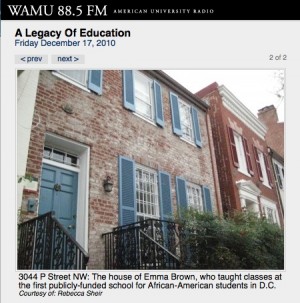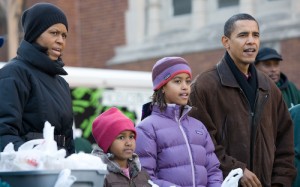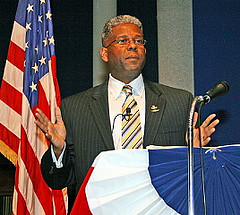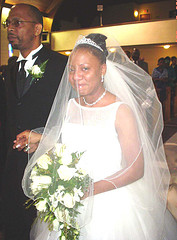I walked outside yesterday and felt abnormally grateful for the traffic clogging Irving Street at lunch time. I needed a cab and there were several, stranded in front of me.
The middle one had a female driver, so I chose her. Once I slammed the door, I was surprised; the interior smelled like auto parts, dust and WD-40– a combination which immediately transported me three decades in to the past, to my father’s garage, a place where I learned the difference between a flat and Phillips screwdriver before I figured out the alphabet. I checked my sexism immediately and felt bad for the dissonance I was experiencing at the shock of such a scent combined with a female driver. I knew better than that.
“Thanks for picking me.” She smiled wryly. She was middle-aged and African American, with thick, bouncy curls. Some of her facial expressions reminded me of Loretta Devine, which secretly delighted me. Devine was the best part of one of my favorite seasonal guilty pleasures: “This Christmas“. Stop judging me. I liked it before Chris Brown did that. Oh, you’re judging me because it’s a mediocre film which over-relies on holiday cliches to make its point…sure, I deserve that. Carry on!
“I’m not going to lie,” I began. “I thought it was cool that you were a female cab driver. I don’t usually get those.”
“Yeah, we’re rare.” She studied me in her rear view mirror.
“Are you Indian?”, she asked.
“My parents are–”
“And so are you!”, she declared, emphatically.









